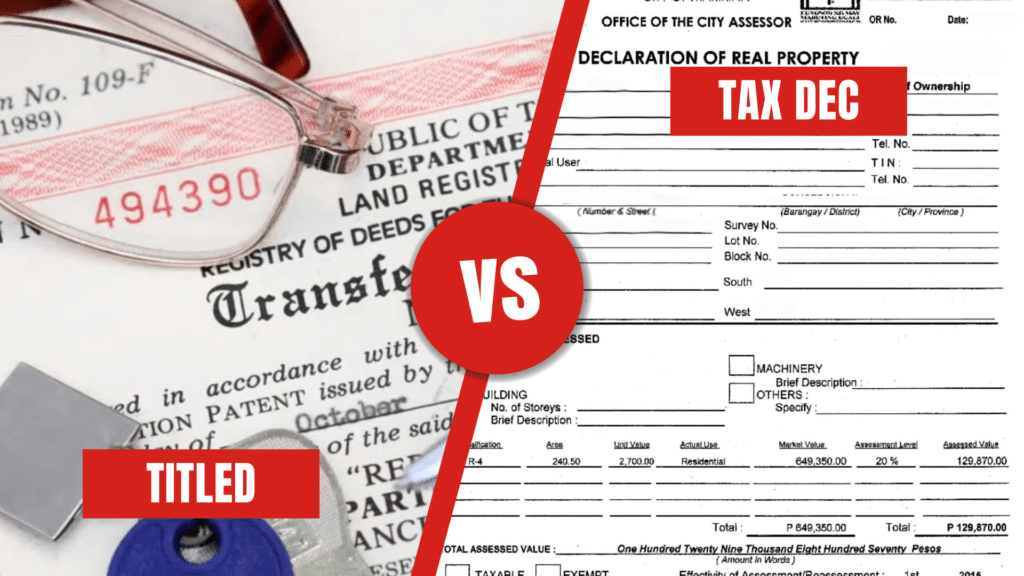If you’re planning to buy property in the Philippines, you’ve probably come across the term Capital Gains Tax (CGT). It’s one of the most commonly misunderstood costs in real estate transactions, especially for first-time buyers.
So here’s the big question: Who shoulders the Capital Gains Tax—the buyer or the seller? Let’s break it down.
What Is Capital Gains Tax
Capital Gains Tax is a 6% tax on the selling price or the zonal value of the property, whichever is higher. It is imposed on the profit made by the seller from the sale of real estate classified as a capital asset.
Unless the seller qualifies for certain exemptions, CGT is a standard tax that must be paid before a sale can be finalized and the title transferred.
Who Is Legally Required to Pay
According to Philippine law and the National Internal Revenue Code (NIRC), the seller is legally responsible for paying the Capital Gains Tax. This is the default rule for any real estate transaction.
However, what happens in actual practice can sometimes be different.
Can the Buyer Be Asked to Pay
Yes, but only if both parties agree. In many resale transactions, the seller might request that the buyer shoulder the Capital Gains Tax. In some cases, they may offer a lower selling price in exchange for this arrangement.
This kind of setup is legal, but it must be clearly stated in the Deed of Absolute Sale or the contract. Without a written agreement, the legal burden still falls on the seller.
Why Buyers Should Be Cautious
Agreeing to pay the Capital Gains Tax means an additional 6% on top of the property cost. That’s on top of other buyer expenses like:
- Documentary Stamp Tax (1.5%)
- Transfer Tax (up to 0.75%)
- Registration Fees
These charges can add up quickly, and buyers who don’t ask upfront may be caught off guard.
Example Breakdown
If you’re buying a property for ₱2,000,000 and agree to pay the CGT:
- Capital Gains Tax (6%) = ₱120,000
- Your total cost becomes ₱2,120,000 (excluding other fees)
This can significantly impact your budget, especially if you’re not prepared for it.
Final Reminder: Always Clarify
While the Capital Gains Tax is the seller’s responsibility by law, payment arrangements can be negotiated. As a buyer, it’s essential to ask the right questions before signing anything.
Clarify in writing:
- Who will pay the CGT?
- Is the price inclusive or exclusive of taxes?
Getting this right from the start helps you avoid confusion, hidden costs, and potential disputes.
Need Help Navigating the Process?
Our real estate team assists buyers every day with clear, fair, and smooth property transactions. If you’re buying in Ilocos Norte or anywhere in the Philippines, we can help you understand the full cost and avoid expensive surprises.
We also offer a hassle-free estate tax processing service, so you don’t have to deal with paperwork or long lines we’ll handle the Capital Gains Tax and other required payments for you.
Contact us today for expert guidance on your next property purchase.



